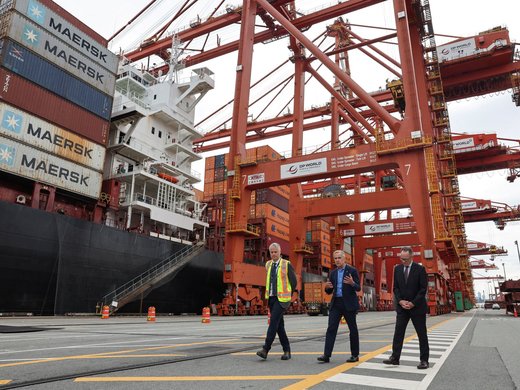With increased global and domestic attention on the renegotiation of the North American Free Trade Agreement (NAFTA), uncertainty remains around several aspects of the negotiations. The current opportunity to renegotiate the agreement calls for thought leadership in reaching a deal that works for Canadians and advances some of this country’s core values within the trading zone.
Given the fast-paced negotiations of the North American Free Trade Agreement, and as part of efforts to support Canada’s negotiators and policy makers with clear, simple and factual analyses of Canada’s key interests within the negotiations, the International Law Research Program at the Centre for International Governance Innovation commissioned a series of essays addressing intellectual property rights. A modernized chapter for intellectual property rights could have a deep impact on the emerging knowledge economy in Canada and for the people who turn ideas into innovations.
The authors featured in this special report provide important recommendations to support the development and growth of an innovation economy in Canada with respect to the copyright system, the patent system, as well as Canada’s geographical indications rules. The essays also point to some emerging issues that have yet to be considered within the existing NAFTA. In light of Canada’s recent international dealings and domestic commitments, these areas — big data and Indigenous traditional knowledge, in particular — form important considerations.
This series brings together a community of scholars and practitioners to share, through a variety of contexts, some of the requirements of a modernized NAFTA Chapter 17.


